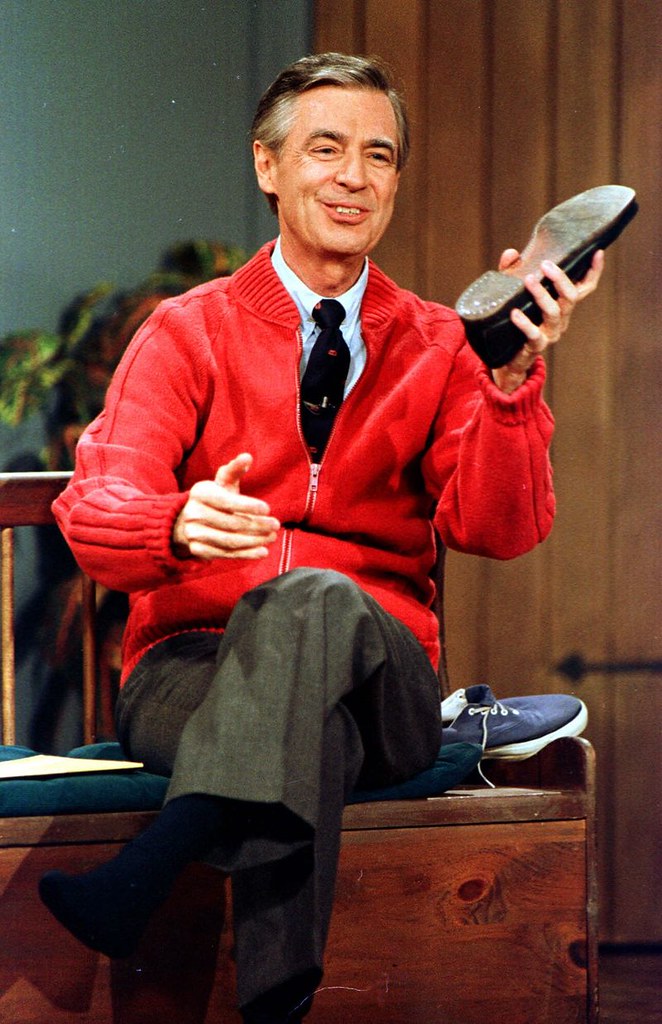“Happy Memorial Day” isn’t a fitting greeting for this day.
Our commemoration of this holiday in America is a bit complex. I get the parades, and the setting flags on tombstones, and the sepia portraits of our military heroes past displayed on Facebook pages. Grandfathers, fathers, husbands, brothers…and their female counterparts.
The grilling and road races and t-shirt giveaways at baseball games, I don’t get as much. Yet, like our fellow Americans, we will grill and we will celebrate a day off…and through all that we will remember. We will remember the sacrifices of those who died to preserve our freedom. Photo Credit: Wikipedia, Normandy Landings
Photo Credit: Wikipedia, Normandy Landings
This year’s celebration is even more complex than usual. With the losses of COVID-19 casting their own shadow over this day of remembrance. The socially distanced gatherings will be small, but the grief will be large with us.
The front page of The New York Times for May 24, 2020 pic.twitter.com/d14JhFp4CP
— The New York Times (@nytimes) May 24, 2020
Photo Credit: Twitter, The New York Times
Memorial Day 2020: Grieving Another COVID-19 Death Count Milestone – Alan Cross
Writing helps me remember. The many lessons of life, the travels, all the people we’ve known along the way, and the great provisions of God. It has helped me to write them down.
Memorial Day is a somber remembrance. All the soldiers I’ve known personally survived the wars they fought . Still, I have friends who lost loved ones serving in devastating situations. I stand alongside to remember. To remember those of our own who died and to remember those families who also lost their loved ones on the other side of battle. There’s always the other side of war…the family side.
How ever you spend your Memorial Day…whether with a burger or fasting or at work or play, stopping and remembering is the first order of the day. We have much to be grateful for. On this day and every day. Photo Credit: Paul Davis On Crime
Photo Credit: Paul Davis On Crime
[Added from Comment when this blog first posted: That gravestone graphic leaves out the deadliest war in our history for some reason. Civil War – 620,000 dead. What a strange omission. – John]
Vietnam War is the war of my youth. We didn’t understand why we were there. I participated in protests but it didn’t take me long to realize how that wasn’t honoring of those of our country fighting for us. We thought we were communicating to “Bring them home!” but when Vietnam vets did return there really wasn’t a “Welcome home!” So short-sighted of us.
 [Letters from pen-pals, soldiers in Vietnam, who shared details of what they experienced there. Sacred writings for me now.]
[Letters from pen-pals, soldiers in Vietnam, who shared details of what they experienced there. Sacred writings for me now.]
Don’t miss the PBS Memorial Day Presentation. So powerful! Stories of those who gave their lives in battle, honoring the different branches of service, and glorious music. Here is Christopher Jackson in last year’s performance of “He Ain’t Heavy, He’s My Brother”:
If someone you love died in one of these recent wars or in any service to our nation or community, please comment below with their names and any details you choose to include. I would be pleased to help honor them in this small way.
In closing, I’d like to add this clip from the 2002 film The Four Feathers – the brief and beautiful speech of a returning soldier who described why they fight:
Independence Day in the USA – Remembering that Freedom Is Not Free – Deb Mills Writer
Stones of Remembrance – Lest I Forget – What Are You Remembering About God Today? – Deb Mills Writer
Worship Wednesday – Stones of Remembrance – Lest I Forget – Part 2 – Deb Mills Writer
 E. John Mills, US Navy – Dave’s Dad
E. John Mills, US Navy – Dave’s Dad George T. McAdams (in center), US Army – my Dad
George T. McAdams (in center), US Army – my Dad
Thank you for your service.
 Photo Credit: Facebook, Tim Wink
Photo Credit: Facebook, Tim Wink



























